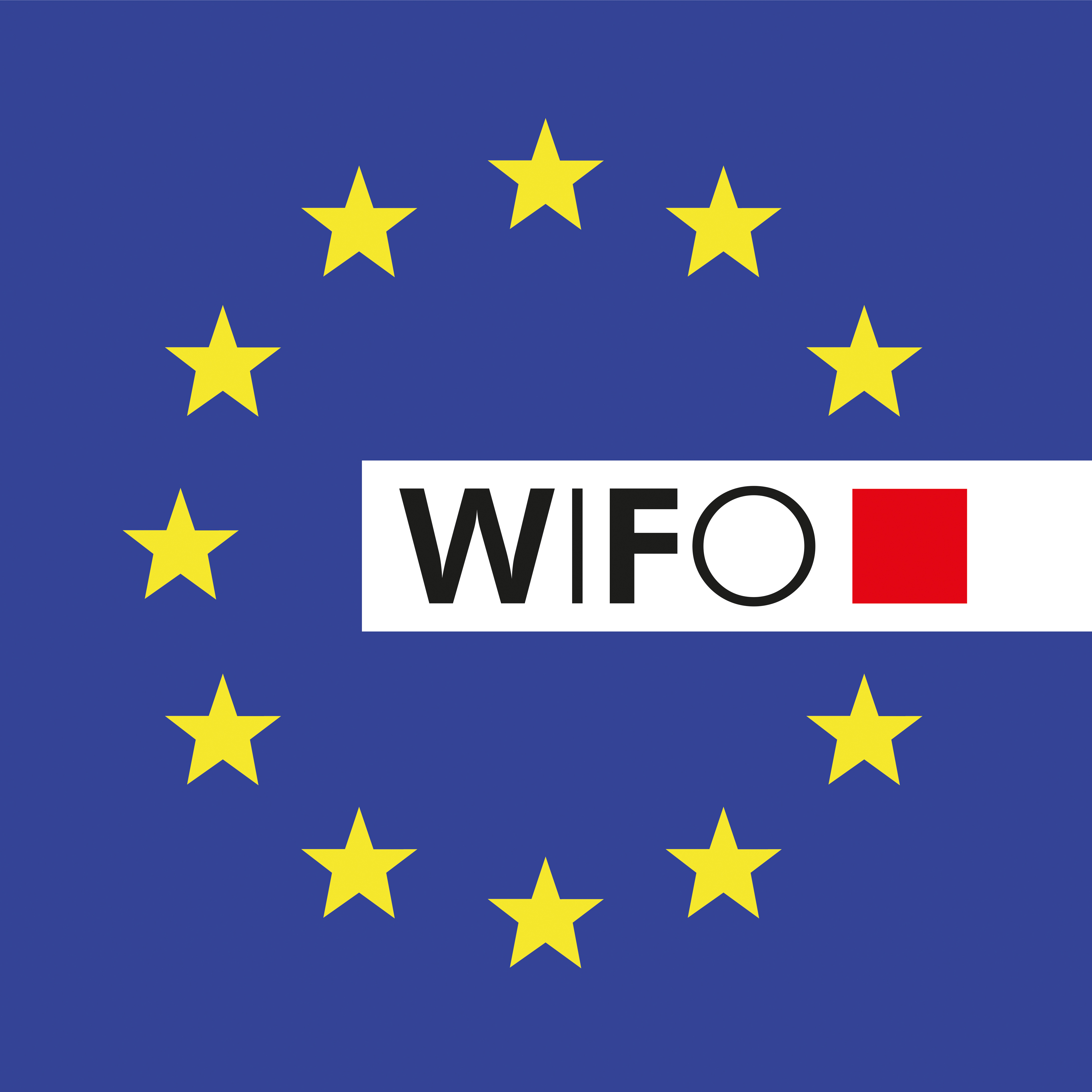The Thematic Platform "European Integration and Global Governance" brings together the findings from past and current research by WIFO on key challenges at the European level. The aim of these studies is to understand the effects and interactions of European integration on the economy, the public sector and society in the EU member countries. This allows drawing conclusions for European and Austrian policy initiatives and thus present recommendations to overcoming economic challenges.
 WIFO provides advice to a number of Directorates-General of the European Commission and the European Parliament, conducts
regular studies for European institutions and stakeholders and is active in European research framework programmes. This gives
the Institute broad expertise in the analysis and evaluation of measures adopted at the European level as well as in comparative
country studies. WIFO is also involved in a variety of European research networks. All WIFO Research Groups consider the importance
of the European level for the Austrian economy and policy making.
WIFO provides advice to a number of Directorates-General of the European Commission and the European Parliament, conducts
regular studies for European institutions and stakeholders and is active in European research framework programmes. This gives
the Institute broad expertise in the analysis and evaluation of measures adopted at the European level as well as in comparative
country studies. WIFO is also involved in a variety of European research networks. All WIFO Research Groups consider the importance
of the European level for the Austrian economy and policy making.
The European Union has been affected by numerous shocks in recent years, starting from the COVID-19 pandemic to the beginning of the war in the Ukraine and the ensuing energy crisis and inflation. Simultaneously, in addition to traditional objectives such as attaining higher and sustainable economic growth and territorial and social cohesion, the European Commission and the European Council have also embraced new main priorities for the EU and its member countries – such as addressing climate change by implementing the European Green Deal and ensuring the digital transition. The long-term European budget, the Multi-Annual Financial Framework 2021 to 2027, has been adjusted to address these challenges. Several WIFO studies analyse the changes in the structure of the EU budget and its long-term repercussions, such as new own resources to fund the budget and future risks from contingent liabilities.
Further research questions delve on the further development of the European Monetary Union (EMU). The creation of the new instrument, NextGenerationEU, and its main component, the Recovery and Resilience Facility, in 2020 constituted a revolutionary milestone in the slow evolution of the architecture of the EMU. It constitutes a common fiscal instrument at the EU level, which can be viewed both as common EU debt and a common budget. Important policy questions revolve around how NextGenerationEU acted as a backstop against financial market tensions during the pandemic and whether it is an efficient driver of public investment and structural reforms
The increased EU budget through this extra instrument serves the twin goal of enabling the green and digital transition. WIFO actively contributes to the analysis of policies aimed at achieving the goals of the European Green Deal the digital transition. Numerous WIFO studies analyse further questions of common European interest, such as the ECB monetary policy, the revived interest in industrial policy, the future of the EU fiscal governance framework, and new sources of EU funding fit for the future. This also enables WIFO to contribute actively to the debate on different EU policy measures and to identify their effects at both the European and the national level.
Other research topics also include trade and neighbourhood policies, labour market reforms, entrepreneurial innovation, regional development, as well as environmental issues. In addition, WIFO evaluates funding instruments in the areas of European research, regional, agricultural, social and investment policy.